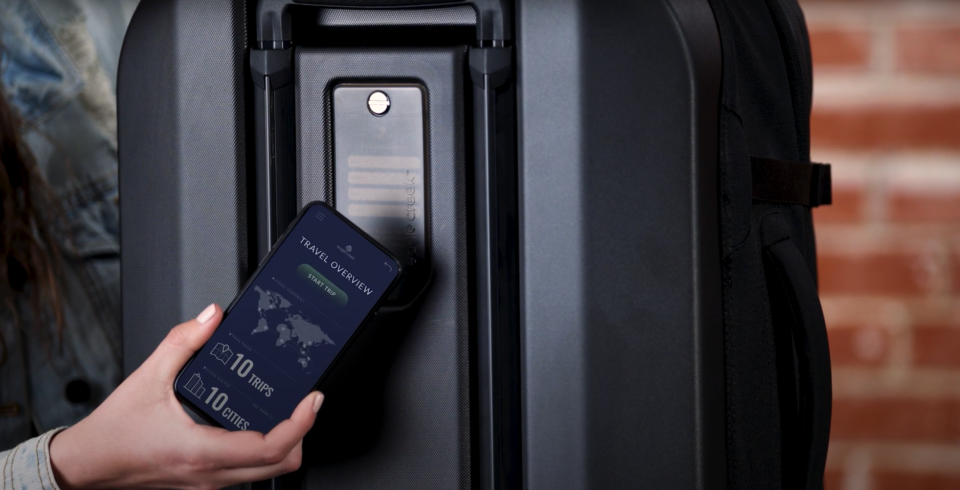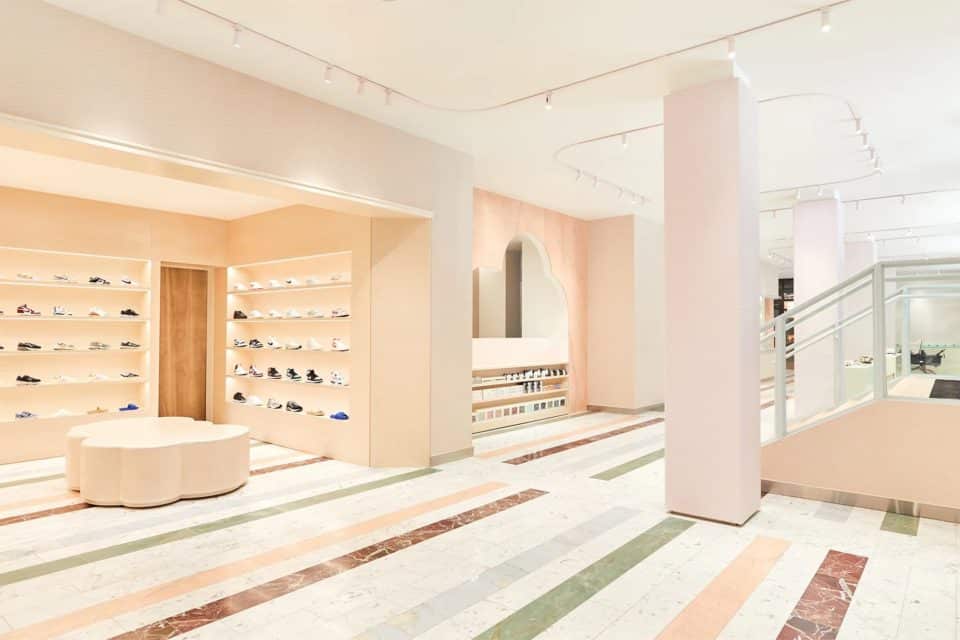TrueStart’s Future of Retail Innovation event
A few weeks ago we spoke to Baz Saidieh, CEO, of TrueStart, about their role in investing and supporting fledgling retail businesses. We got more proof of how this was put into practice at their Future of Retail Innovation Panel. This was a discussion on the future of retail, chaired by Saidieh and featuring an impressive panel of some of TrueStart’s strategic partners and entrepreneurs who are all retail sector specialists.
On the Future of Retail Innovation panel were Doug Gardner, CIO at River Island; Ashton Crosby, Director at TrueStart with over 15 years retail experience, joining TrueStart from Tesco; Cande Alarcon, Client Account Lead at Accenture Retail Practice; Craig O’Donnell of Land Securities, the largest commercial property company in the UK; Richard Anson, founder of Reevoo, which pioneered ratings and reviews services for multichannel brands and retailers, and also entrepreneur in residence at TrueStart; and Stuart Sunderland of City Pantry, who – as we learnt in our interview – are currently residents TrueStart and provide a platform that connects street food vendors and independent restaurants with corporate catering
The questions put to the panel covered everything from pop-ups to retail analytics. Here are a few of the insights shared:
With Facebook adding buying buttons, what will be the influence of social channels on retail?
The panel agreed that this move was inevitable. Crosby emphasised the potential power in being able to gather reviews and opinions on brands and services from people you know and trust.
Social media is already a very important strand of retail strategy for brands such as River Island with a young, socially engaged audience.
But, it was argued, it wouldn’t mean the end of bricks and mortar retail. In fact, Gardner emphasised how River Island were building super flagship stores, intended to carry the digital experience into the store. O’Donnell argued that a shopping mall could be considered a physical social network. Although customers now visit less often, when they do visit, they stay for longer – Facebook can’t replicate that physical experience.
How and should retailers work with bloggers/influencers?
The benefits of working with influencers was stressed, whether they were showcasing your services, as in the case of City Pantry, or the lure of a big name blogger instore appearance.
But, Anson added, the importance of making the relationship trusted and transparent. Advertorial can be something of an own goal.
Crosby predicted a future where bloggers could produce product ranges in profit share agreements with the company.
River Island want to turn all their customers into mini bloggers. A one-to-one relationship with the customer was very important. Their #ImwearingRI, for example, encourages everyone to share their style. At moment, the reward is more about prestige of winning votes, but they could look to reward those who influence purchase in some way, such as discounts, in the future.
Has the market for companies offering instore analytics become too crowed?
The panel agreed there were now more companies offering these services. Gardner emphasised that they were looking for agile partnerships, who could respond to changing needs quickly but – most importantly – didn’t interfere with the customer’s shopping experience.
Alarcon emphasised that River Island was one of the enlightened brand – there were many more who were yet to understand or embrace instore analytics. If a business could demonstrate what they could really do with the data, and its impact on sales, there was still lots of opportunity.
What are the challenges in introducing some of the exciting new tech into existing infrastructure?
Gardner spoke about River Island’s plans to introduce WiFi into all their stores. While enabling staff to serve using android handheld devices and helping provide location analytics, this could be built on in the future to enhance the customer experience instore. The aim was to be able to implement twenty different things from an infrastructure investment.
Crosby agreed, adding that infrastructure development would need to be measured by its ROI.
Gardner also spoke of the difficulties in finding the necessary talent to implement the changes they want to make as a company.
Is the trend for pop-ups likely to continue?
O’Donnell said pop-ups continued to add value to the retail experience. The main trend within their malls, however, was for street food pop-ups, which he could see continuing and becoming even more common over the next few years.
What are the challenges of start-ups working with big business?
Alarcon noted the difference in pace – her business clients work at a much slower pace. Anson added that it was a two-way learning experience: it required start-ups to learn more patience and corporations need to learn how not to burn out start-ups.
Gardner found that the energy of start-ups added great value to the company, with the benefits of encouraging it to be more agile and innovative.
It was fantastic to be able to hear the challenges and opportunities shaping the future of retail discussed in such an open way. Also worth flagging up is that the applications to be part of the next TrueStart cohort close this Sunday 20 September. Details on how to apply can be found here.



